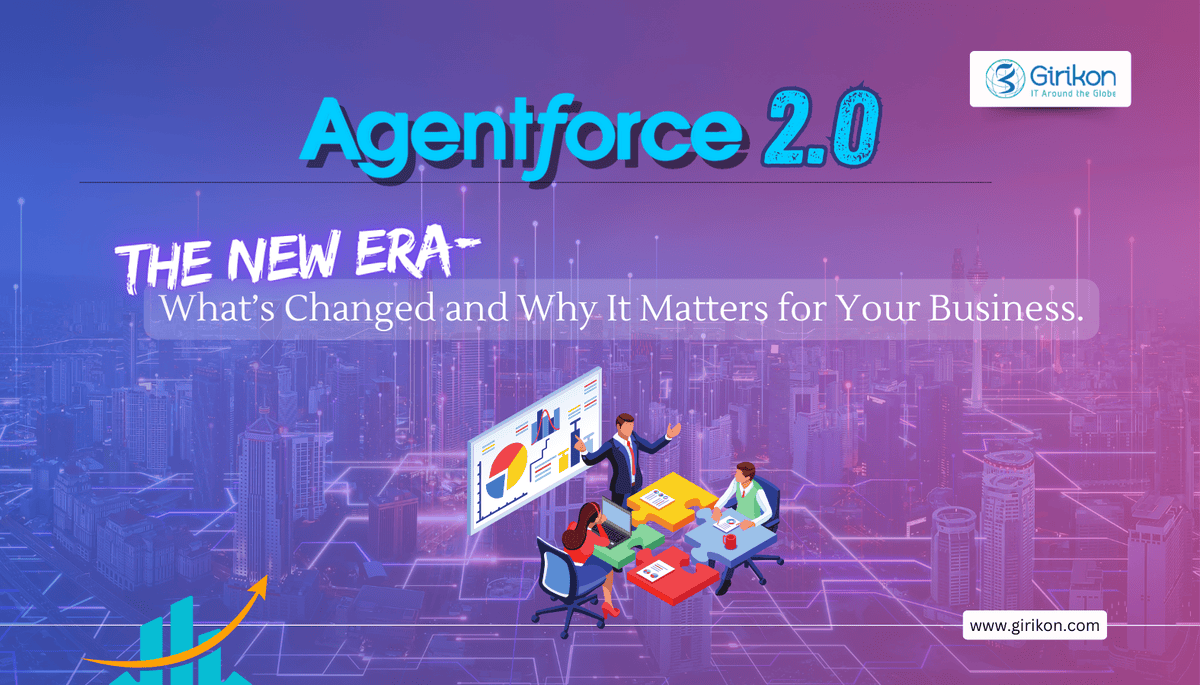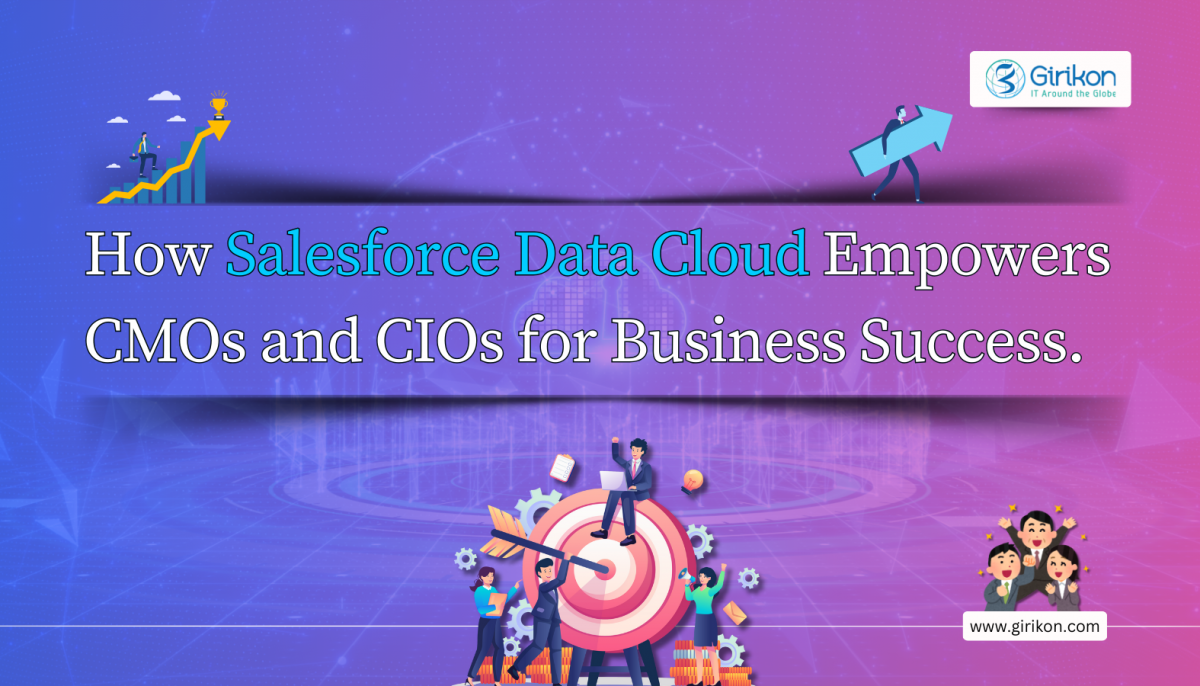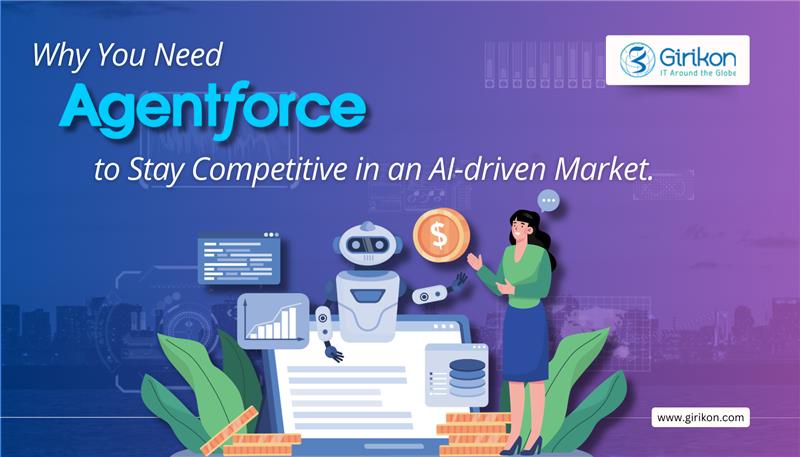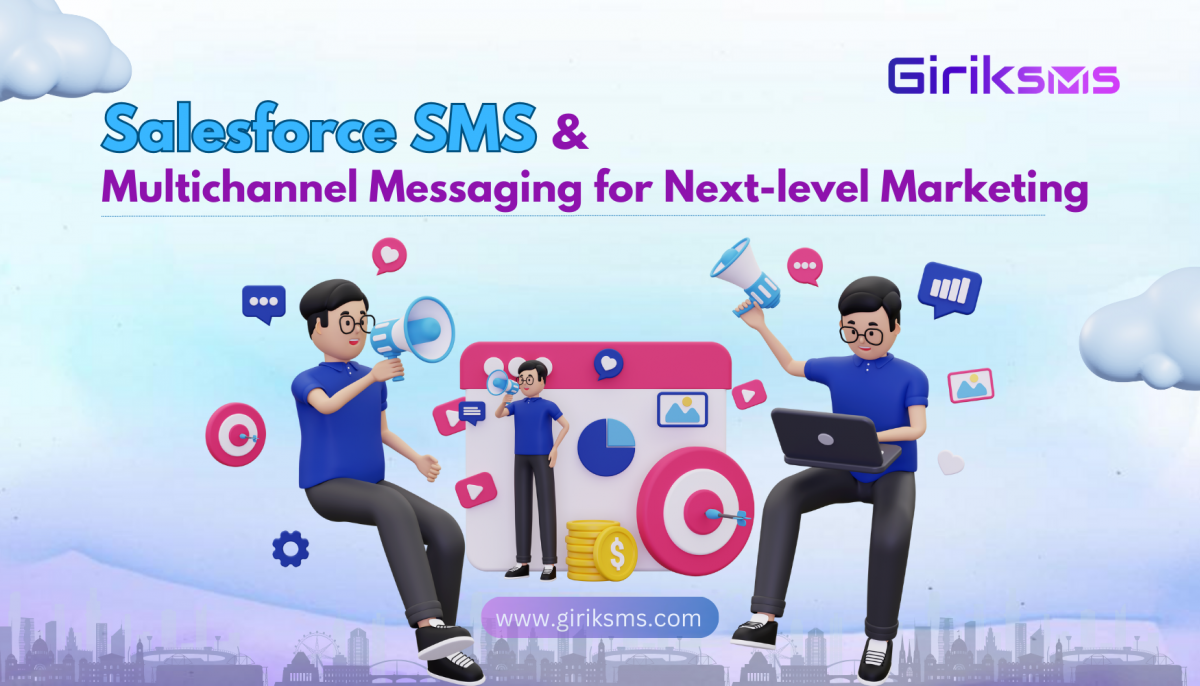Our Blogs
Salesforce Chatbot enables businesses to offer personalized and prompt service using AI-powered bots available natively in the CRM. Now you can supercharge customer case resolution with clicks not code by automating mundane, time-consuming tasks by linking AI with your CRM data. This empowers service teams to do more by leveraging AI-generated responses to customer queries.
Before going into how AI chatbots can be pivotal in customer service, let’s educate ourselves on the basics.

What is a chatbot?
A chatbot (derived from “chat robot”) is a software program that can simulate human conversation (voice or text) and can solve a problem. Businesses typically use chatbots to augment customer service to complement traditional service channels such as phone and email.
Just like software can be configured and customized in any way you want, chatbots can also be customized and used in ways that are aligned with your goals. We are already familiar with bots for customer service that are used with popular messaging platforms like SMS and WhatsApp.
With AI chatbots, users can interact with a computer program to find answers quickly. Most notably, chatbots can enhance customer relationships by responding to queries faster at their convenience by being available round the clock. With 24/7 availability to serve up responses, chatbots free up time for service teams so that they can work on more complex issues that require a touch of empathy.
How do chatbots work?
Chatbot development has evolved leaps and bounds over the last decade or so, as developers have adopted sophisticated techniques and technological advancements in machine algorithms to enable chatbots to contextually understand user questions and offer more useful responses.
While bots today still aren’t equipped to handle all user queries, they can easily respond to commonly asked questions or execute simple, repetitive tasks without any human intervention. One such example is when a chatbot parses customer input, identifies keywords or phrases, and then scans the organization's data to retrieve relevant articles based on those keywords or phrases.
Chatbots typically follow a pre-defined decision tree, which is why they are often referred to as rule-based chatbots. Rule-based chatbots execute pre-defined actions based on user input.
Rule-based chatbots are based on click actions, like a user responding with a binary input like a “yes” or “no,” or by recognizing specific keywords. You would have come across instances when you typed a question into a website’s pop-up box and got an answer that had no relevance to the question. That usually happens when although the chatbot recognized keywords in your input, it did not understand their context. This is where AI chatbots come in.
What is an AI chatbot?
The level of sophistication involved in chatbot technology cannot be overstated. With inbuilt natural language processing (NLP) capability, chatbots can engage in human-like conversations with users effortlessly. Engineering teams are relying on NLP to build AI chatbots that can understand human speech and text better. With NLP, it is now possible to better recognize user intent and consequently provide better, more intelligent responses.
With the latest disruptive tech of generative AI, chatbots can interpret context in written text, which allows it to work on its own. In simple terms, AI chatbots can understand language outside of pre-defined rules and offer responses by relying on existing data. This allows users to navigate the conversation and allows the bot to follow.
By drawing on huge data sets and the processing power of the machine, AI- chatbots can leverage deep learning algorithms to significantly improve their quality of understanding questions and offer more accurate responses.
When chatbots connect with technologies such as Large Language Models (LLMs) and NLP, they can train themselves to simulate human conversation better by:
- Maintaining the context of the interaction.
- Managing a personalized conversation.
- Refining responses based on the changing customer needs.
AI chatbots get better with every interaction. They do this by connecting with deep learning algorithms and drawing on enormous amounts of conversational data stored in the CRM database.
3 Benefits of Using AI Chatbots in Salesforce:
Businesses, irrespective of size and the domain they operate in, can derive the benefits of process automation, particularly a function that delivers direct value to their customers. With chatbots, you are available to your customers round the clock, giving them 24/7 access to your business. They are also able to get quick responses to common questions anytime, from any device.
- Reduce Human Intervention
As a business leader, you would be aware that not every customer query needs you to dedicate human resources to respond to that query. Just like a knowledge base or a library of FAQs in Service Cloud can offer relevant and accurate information to customers whenever they need it, a chatbot can automate this process by understanding their queries and serving up the right answers. Chatbots can be very useful in increasing the deflection rate of customer support cases.
- Reduce Costs and Improve Productivity
Leveraging chatbots to automate mundane, repetitive tasks and straightforward processes gives your internal teams more time to focus on more critical and creative tasks. This leads to a significant reduction in manpower especially in your customer service teams.
The ROI of using a chatbot to free up agent time so that they can focus more on doing what’s most important- nurturing customer relationships, is a figure you cannot ignore. Your internal team performance will witness a significant improvement as well, since your service agents are focused on solving complex problems where human intervention is necessary, translating to higher-quality customer service. Time is a commodity that is available in limited quantity to every organization, and chatbots allow service teams to do more with less.
If you wish to scale up your business without the associated costs of additional resources, you should look at AI-powered chatbots. Entrusting many of the repetitive, mundane tasks across departments to an AI chatbot and having the provision to escalate a case to a human agent as and when required will boost the morale of your teams, improve staff retention, and allow them to shine in their work.
- Customers Notice Innovation
Customers often compare 2 or more brands that offer the same products or services that they are looking for. And if your business is completely human powered it means customers sometimes will have to wait for their turn for a human agent to be available to get their issue resolved. If your competitor is offering chatbot-powered customer service which allows
customers to self-serve and find answers quickly, they will notice the difference in service availability which will compel them to choose the latter.
Let’s look at an example. A visitor to your website asks the chatbot for pricing information and more details about a particular product or service. The chatbot can immediately dive into Salesforce data and serve up the information instantly to the website visitor. Compare it with getting a message “Please wait a moment while we find an agent to talk to you.”
Let’s look at another scenario. The website visitor wants to book a demo to see how your product actually works. All he needs to do is type – “I want to book a demo”. The chatbot can immediately open a calendar for him to select a convenient time and date and once the visitor has made a selection, the bot can immediately check rep availability by diving into the booking system which is also connected to Salesforce, and then confirm the appointment. All this without ever leaving the chat conversation.
The use of chatbots in customer service has increased dramatically over the last 5 years and with the advancement in AI technology, it is going in only one direction.
Why Should You Consider an AI Chatbot for Salesforce?
Looking to invest in chatbot technology? Heard and read a lot about them and their benefits in the context of business but don’t know where to start? There are several ways of approaching this, with so many options available in the market. If you are starting out, the best way to do this is within your single source of truth – Salesforce.
And the reason is very simple. A Salesforce native chatbot can leverage customer data, product and service data, and knowledge base, to engage customers and serve up relevant and accurate answers. A Salesforce native chatbot can also trigger automations at appropriate events within Salesforce making it very productive and tightly aligned with your business goals.
Salesforce does come with AI-powered bots called Einstein Bots. Einstein Bots are powerful, and available out-of-the-box in Salesforce. They require a Service Cloud license along with a chat or messenger license with each license offering 25 bot conversations per user per month.
Einstein Bots also come with an inbuilt Salesforce Messaging App allowing businesses to engage in text conversations with customers via SMS and WhatsApp.
AI Chatbot from Salesforce is a powerful tool to re-imagine customer experiences, automate processes, and improve productivity. With round-the-clock availability and immediate responses, AI Chatbots from Salesforce transform the way businesses connect with their customers.
To learn more about AI Chatbots for Salesforce, connect with an expert today.

 +1-480-382-1320
+1-480-382-1320 +44-7428758945
+44-7428758945 +61-1300-332-888
+61-1300-332-888 +91 9811400594
+91 9811400594


















